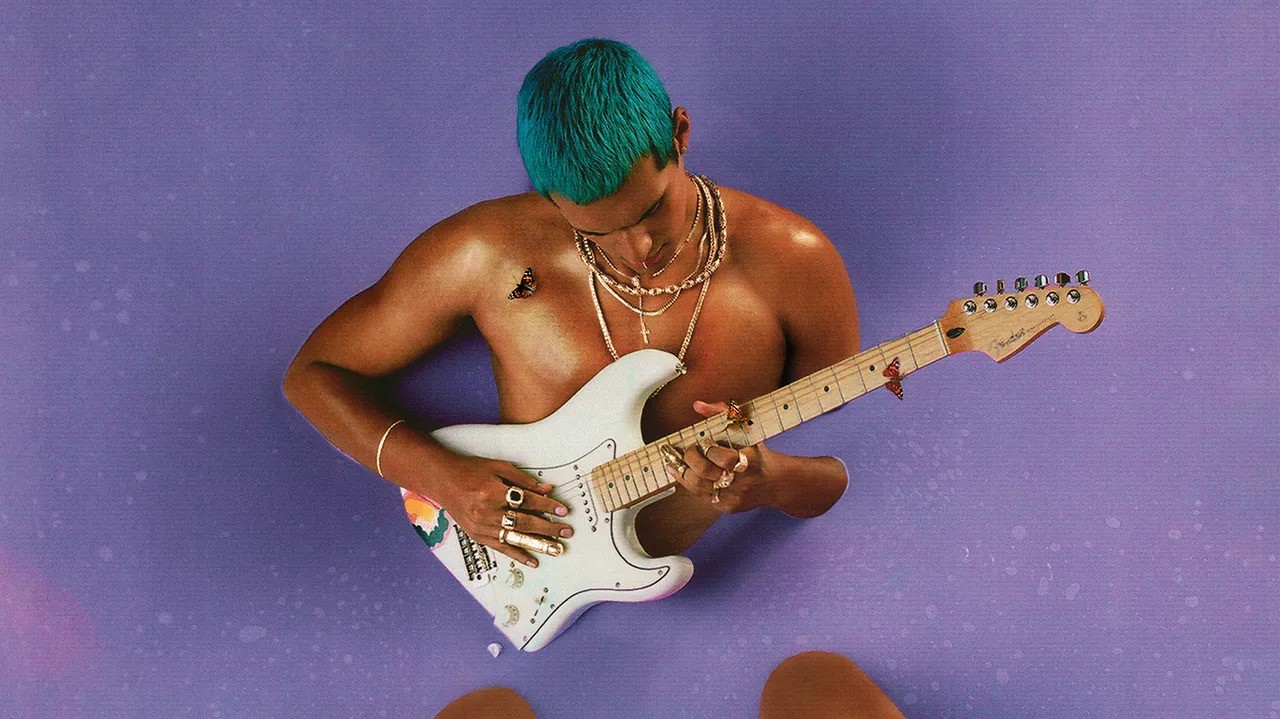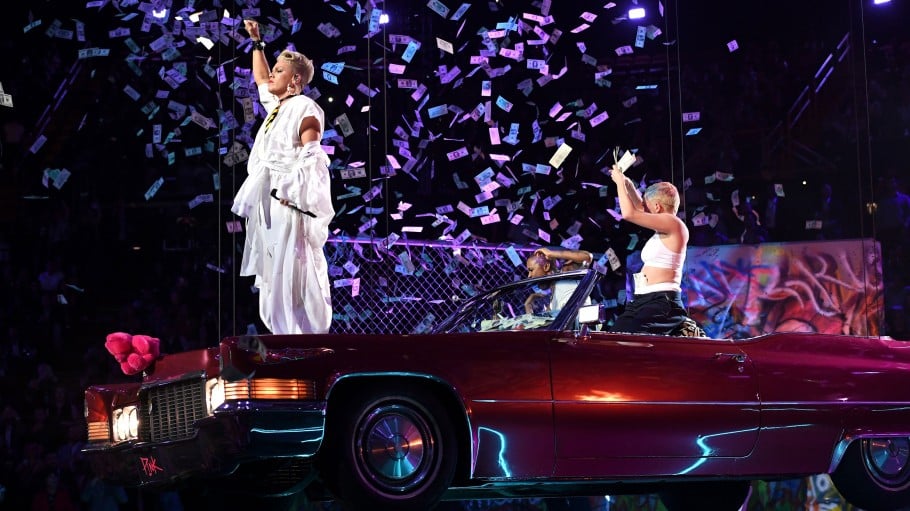Written by Zoe Dahse, History & Spanish BA
LGBTQIA+ identity discourse and the question of representation undoubtedly holds an important place in popular music, for both artists and their listeners. In my own catalogue of artists, there are many songs dealing with queer identity that speak to me, both in their lyrics and melodies.
A song I hold very close to my heart is “1950”, by King Princess. When one of my best friends came out at the age of 15, she told me this was a song that meant a lot to her. I put it on when I miss her presence in my daily life, as a way of reassurance. The words “I hate it when dudes try to chase me/ But I love it when you try to save me/ ‘Cause I’m just a lady” instantly comfort me, because I know they give a meaning to someone I love.

Omar Apollo’s beautifully melodic “Evergreen (You Didn’t Deserve Me At All)” broaches the subject of an unrequited love from a man who is in love with a woman. Another song, “3 Boys”, discusses his hesitation to participate in a threesome. “Ice Slippin”, from his most recent EP Live For Me, navigates his family’s reaction to his coming out: “If I take back my words, would you return to me? / And you thought what you said/ Would be for the best/ But instead, you broke me down”.

The most recent track I have on repeat is Australian artist G Flip’s cover of Taylor Swift’s Cruel Summer, in which the bridge changes to “She looks up grinning like a devil”.
The power of the self-discovery that goes hand-in hand with the finding of such songs cannot be underestimated. People identify with, find reassurance or comfort in songs and also gain exposure to alternative sexualities. Regardless of whether the listener identifies directly with the song, popular music remains a powerful contributor to widening LGBTQIA+ discourse.
P!nk, one of my forever favourite artists, gave a speech upon the acceptance of her Vanguard Award at the 2017 VMAs, through which she gave a platform to androgynous rockstars and artists, calling for universal love and acceptance of each other: “we help other people to change so they can see more kinds of beauty”.

At the same time, music does not necessarily have to contain an explicit revelation or confession regarding an artist’s sexuality. Songs are shaped as much by their listener’s lived experiences as by the intent of their creator. So, while representation is important overall, I’d argue that it’s more about what music you’re lucky enough to come across and fall in love with, and what lyrics might resonate with you.
Note – none of the above artists mentioned from my catalogue have been labelled by their sexuality. I love the music – as one of my friends says: “why do musicians need to be explicitly labelled by their sexuality? Can’t we just enjoy and explore their music for what it is? If we resonate with it, we resonate with it.”